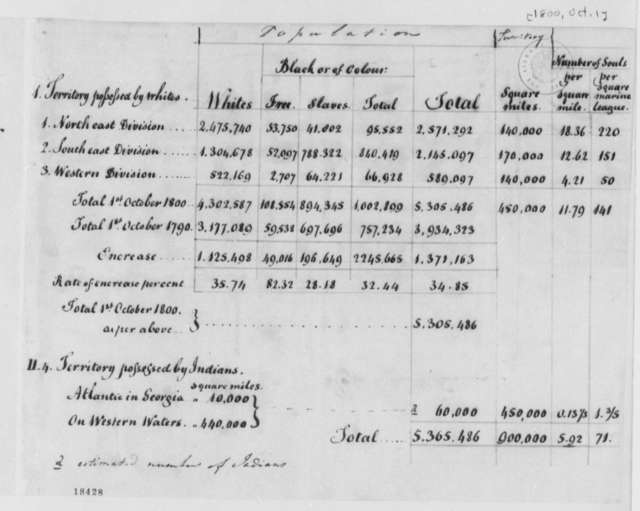
Maria Famà – “I will not check the box for white on any form”
Maria Famà’s poem “I Am Not White” lives in the folded places between two worlds. Through her Italian-American eyes we see her lived experience of America’s hyper-racialised culture. The central dynamic of the poem is a box on a form. A box which, in truth, demands a lie. For her stories do not belong. The convenience which in America goes with the claim is too uncomfortable. The price is too high for Maria Famà. “I will not check the box for white on any form.”
Her reflections go further for her words reminds us that the Mediterranean, where Sicily (and Italy) is found, is not only a European sea. Its southern, African shore, is just beyond the horizon and her heritage spans both shores. It is a rich heritage she embraces. Her poetry calls on the Black Madonna of Tindari, who has made the journey to New York with her people, and for whom racism is a sin. In I Am Not White she writes:
In Sicily
my ancestors recognized white
to be the colour of sparkling linens
towels, tablecloths, sheets
the colour of clouds, seafoam, and bones
not family faces with their
African, Greek, Arabic, Norman casts
North Italians call us Africans
a Milanese told me that in Sicily
he hears Africa’s drums
I hear them, too,
especially when
from across the little stretch of gleaming sea
North African winds
blow through our homes …
Maria Famà, I Am Not White (Quoted with permission)
Never yet have I seen a check box in a poem; for that is not how poetry speaks. Yet Famà’s poem puts this check box before our eyes. It is through such boxes that we have dissected the world. A long time ago biologists made catalogues of the natural world, and then thought to catalogue human beings. Slowly both the world around us and humans became things: observed, described, used.
The check box reminds me of the suffering of my Baha’i brothers and sisters who still in their homeland are presented with their country’s version of the check box. Demands to conform to religious categories that are not theirs and which erace their stories and the aspirations of their hearts.
The check box calls to mind the brutal efficiency of IBM tabulation machines and their application by the Nazi regime to categorise millions for elimination. In America too, classification was the instrument of oppression. At first a 1790 census need few words. Only white and slave: male and female. No other words were needed. Over time the categories grew. “Negro” and “coloured” and other words were added to “slave” and “free”. Words which quickly accreted to themselves the burdens of oppression. Later still real world complexity extracted additional categories – Asian – Native American and more. Yet through more than 200 years one box remained constant: white. Such a strange label to think so important – to so define a nation’s self-conception. Yet there it is, still on the form. Its permanence tells us much of the still present ancient intent of such classifications. Whatever the other words used, the meaning remained the same: “not white”.
For much of America’s history to be anything other than white has been to be the target for enslavement and later segregation and disenfranchisement. The punch card technology that IBM sold to the Nazi regime was the same technology used in the American census. In conception and execution it was racist.
From the check box came personal data; the imaginary of “facts” then re-inscribed at time of birth and throughout a lifetime to categorise; and to direct bureaucratic action. Here was the enabler in times past of laws that made the words “I do” between husband and wife a crime. Here were the “facts”; the ninety percent of the law which supported a culture which decided who could sit and eat at the same table.
Such “facts” could not accommodate the Hemings, the children and descendants of the enslaved Sally Hemings and her master Thomas Jefferson: President and revolutionary who knew enough to write “all men are created equal”, yet knew so little that most of their children remained slaves until his death and last will and testament set them free. Sally, he never freed. Nor could they accommodate the multi-racial descendants of Newton and Rachel Knight of Mississippi, who for generations married across race lines in defiance of segregation, and who according to life circumstance might claim or find themselves assigned to the “white” or “black” box on the form.
Not until the new millennium could Americans claim their full heritage and mark more than one box on the form.
Italy too has its share of miserable racist stories and its own oppressive colonial enterprises both internal and external. Maria Famà’s poem Civil Rights reprises this dark history. Yet, as childhood witness to America’s racist violence in the Civil Rights era, through her grandmother’s migrant question “perche?” “why?”; we see the incomprehensibility of this colour coded America:
we watched the marchers, the lunch counter sit-ins,
the voting registrations, the sheriffs, the dogs,
the full force of fire hoses turned on people
knocked to the sidewalk
“Perche?” my grandmother asked. She wanted to
know why this was happening
“They want to vote, Nonna
They want to go to whatever schools and restaurants they want”
“Why can’t they? They were born here
I can go any place I want and I can’t speak English
I can vote and I can’t speak English
Why can I when they cannot?
This is injustice!”
Their people were once slaves, Nonna”
“And we were always sharecroppers, almost slaves,
to the Duke D’Averna
These people are the real Americans”I remember that my grandmother never mentioned color
Maria Famà, Civil Rights (Quoted with permission)
the TV news people kept saying “Negroes”
All she saw were Americans …
America’s story of racial categories and the still achingly raw wounds they bear is real enough. But it is not Maria Famà’s story. For the world is bigger than America and tells other stories, even when those stories have been carried across the sea. She does not check the box. It does not belong to her and she does not belong to it.
Sources
A grateful thank you to Maria Famà, for her kind permission to quote extracts from her poems: I Am Not White and Civil Rights
Maria Famà’s poem, I am not white, appears in her collection of poetry titled Mystics in the Family, published by Bordighera Press, 2013. Civil Rights is published in Looking for Cover, Bordighera Press, 2008
For the use of data for race purposes see Edwin Black, IBM and the Holocaust, the strategic alliance between Nazi Germany and America’s Most Powerful Corporation, Crown Books, 2001, 2012
Anne Gordon-Reed, The Hemingses of Monticello: An American Family and Thomas Jefferson and Sally Hemings: A Brief Account
Victoria E Bynum, The Free State of Jones, Mississippi’s longest civil war, University of North Carolina Press, 2001
For changes in the United States Census over time see: What Census Calls Us: A Historical Timeline
Image
The “results” of the US census for 1800.
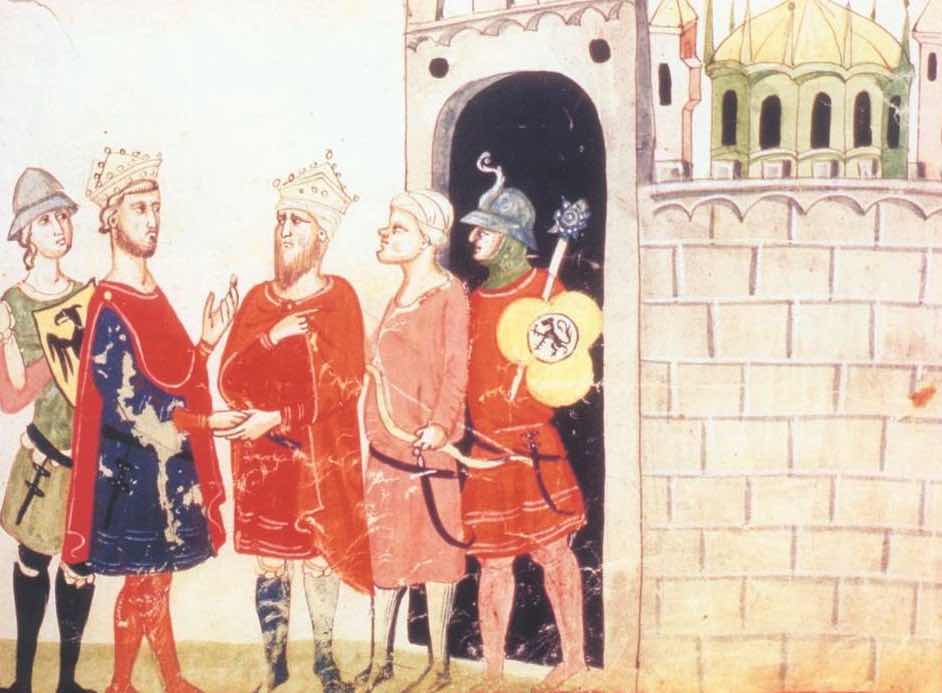
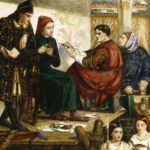
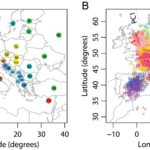
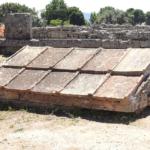


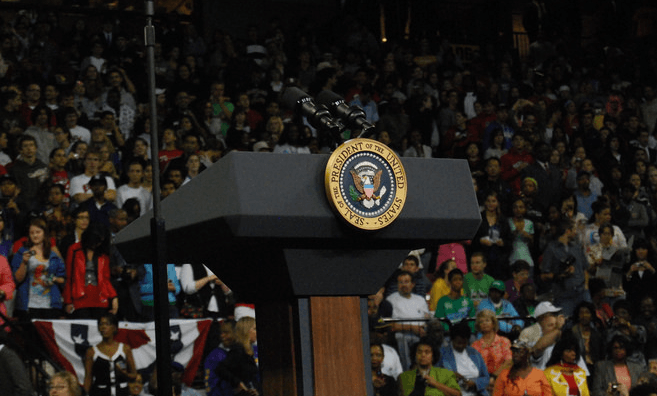
2 Comments
Michael Curtotti
Thanks for being in touch Joe. I hope you enjoy the articles here. I guess one of the challenges of considering any specific human experience is how to go from the specific to the universal. Maria Famà’s poetry exploring identity is particularly insightful because it sees and makes visible “labels” that society sometimes applies which distort and misrepresent identity.If you don’t quite fit the label it becomes more obvious … but I think its relevant to all of us. What is important about identity? What is “real” in a sense?
Joseph C Lehman
In looking into the background of “The Betrothed” Italian painting, referred to by the current Pope, I happened to your site. As one whose American heritage was from Western Europe, but married many years to a Pacific Islander, am more interested in the experience of my 2 grown children………..and those of you whose Italian-American ancestors experienced discrimination.